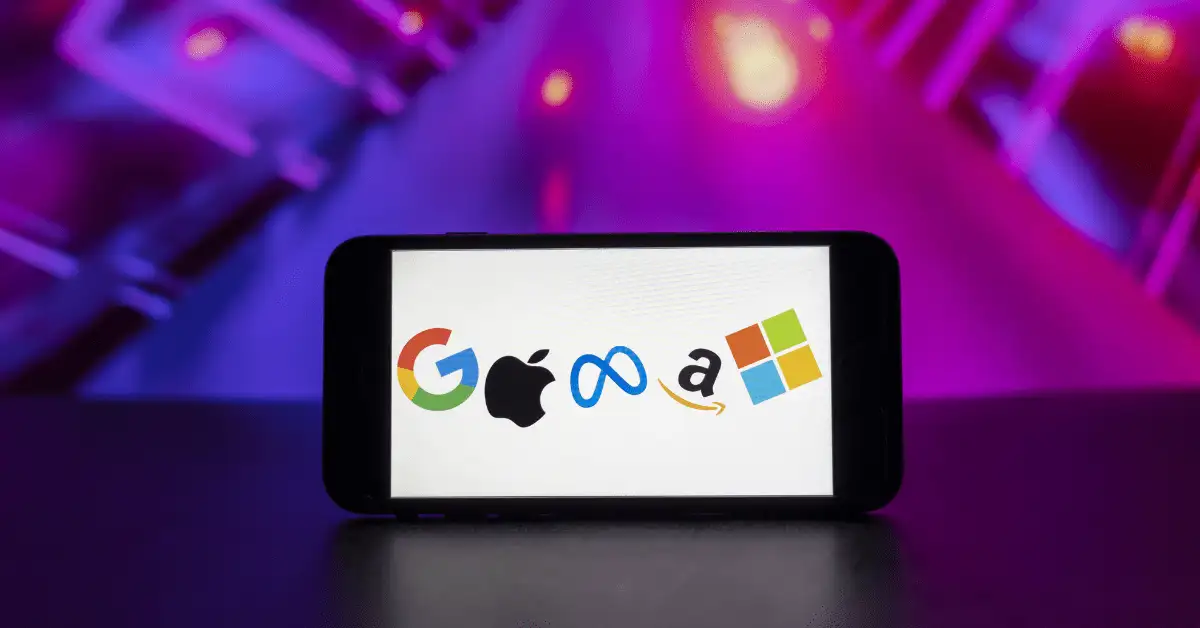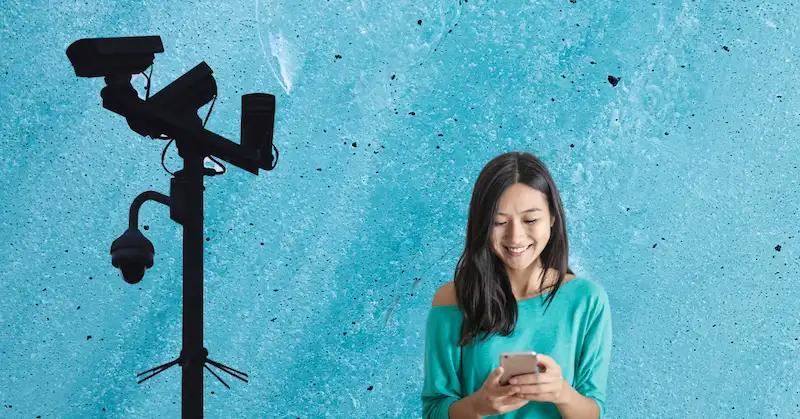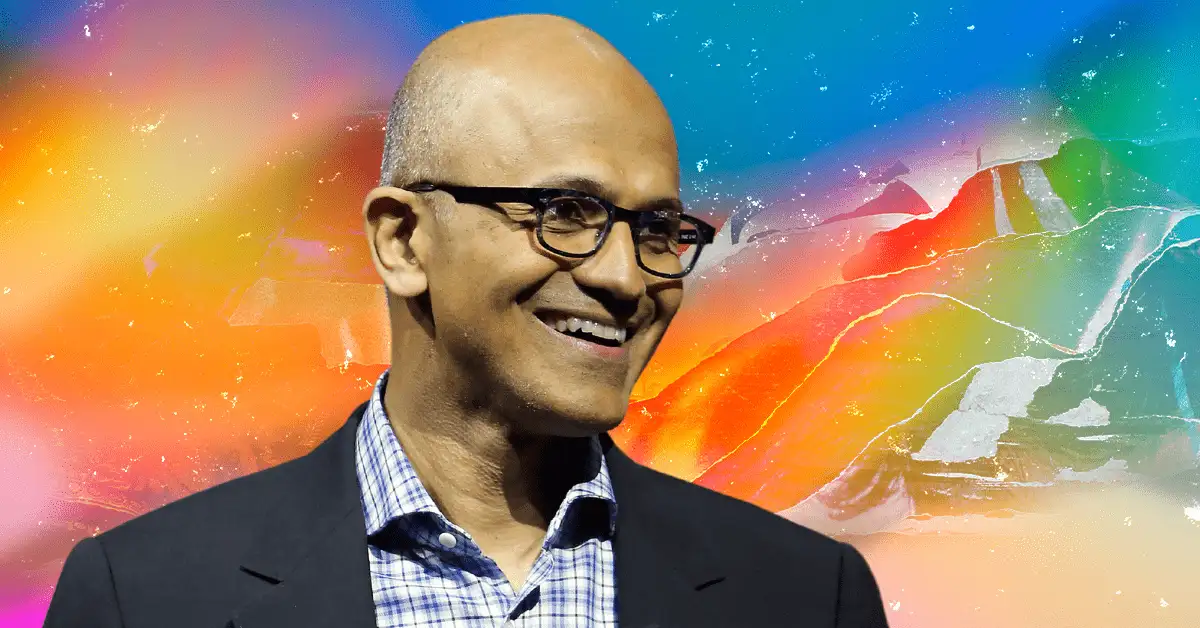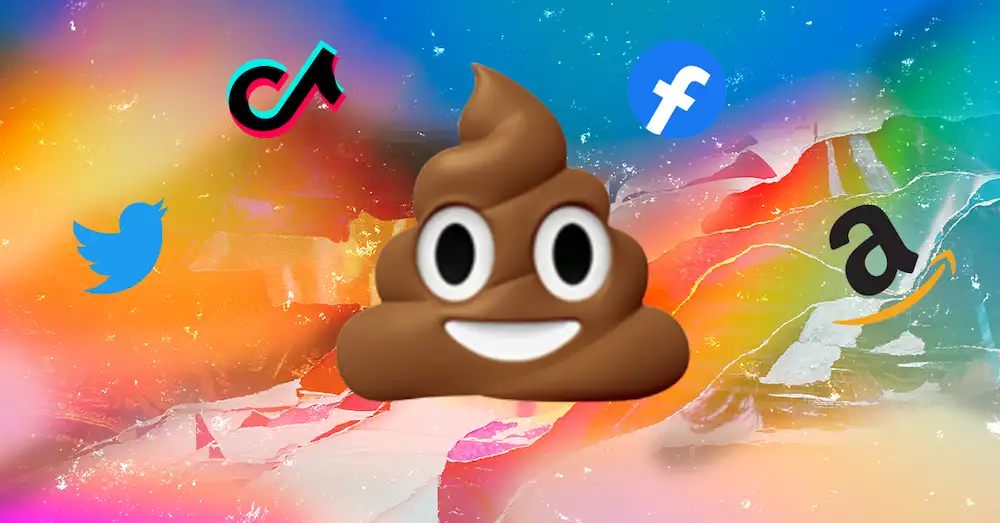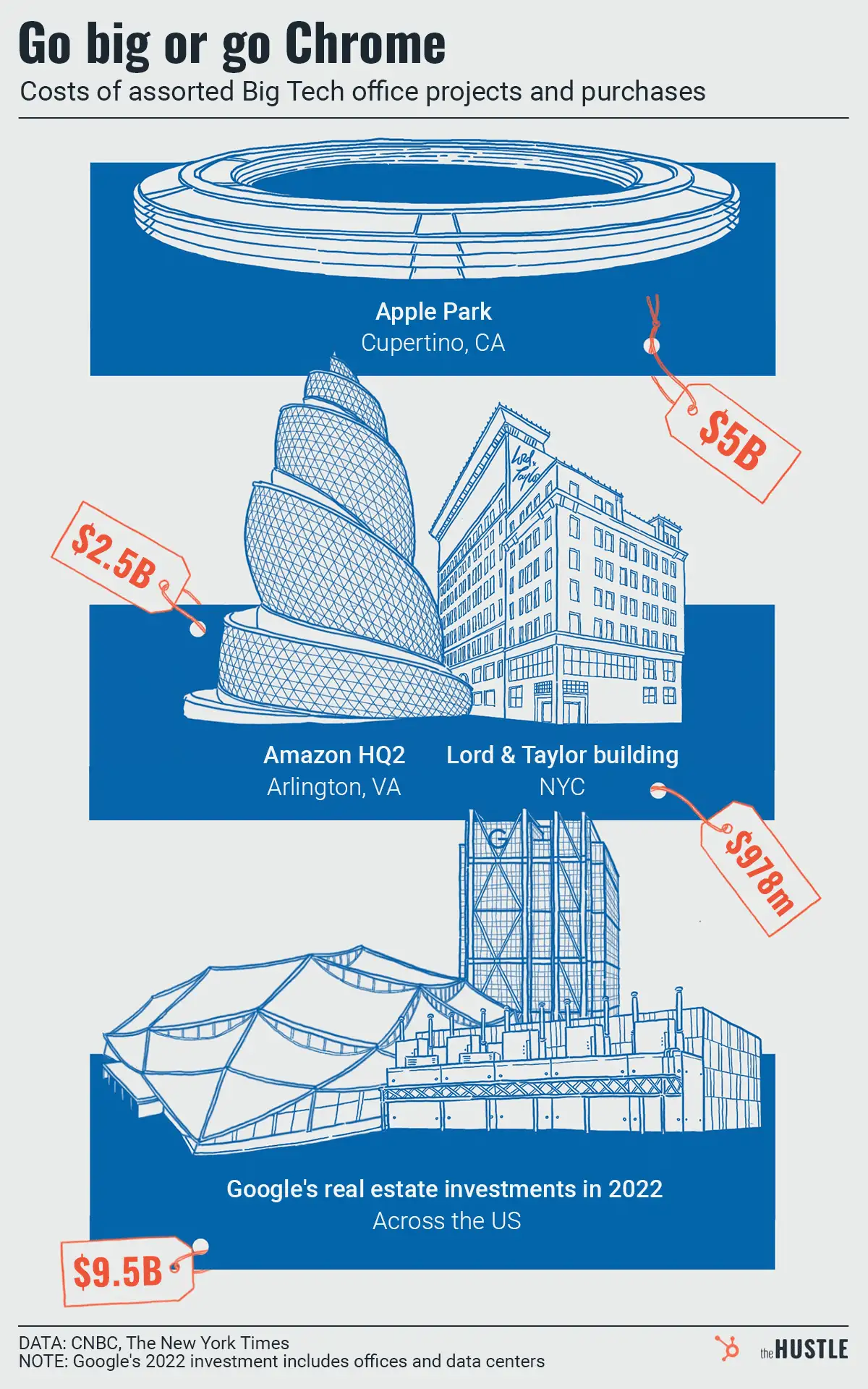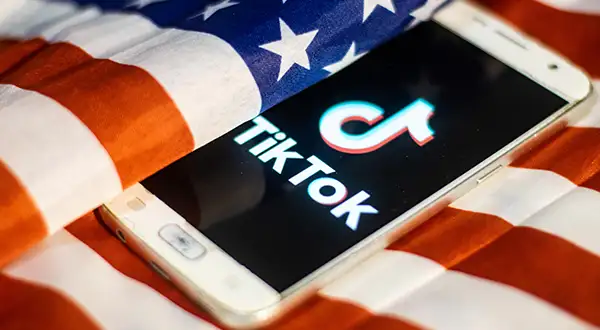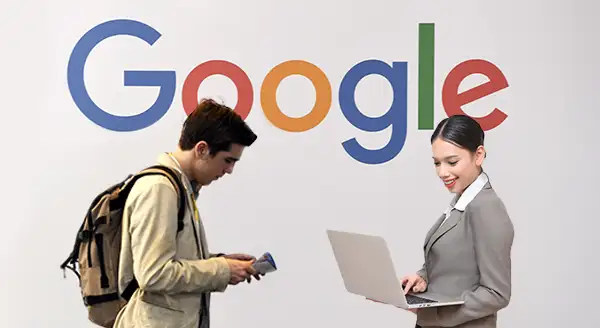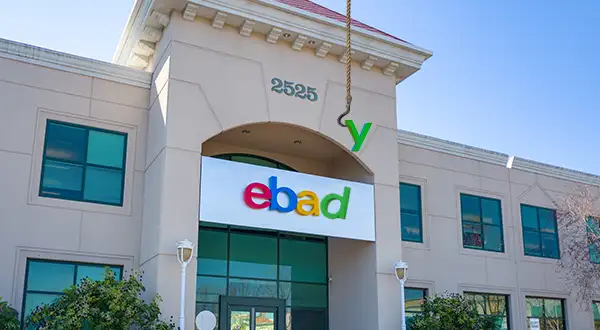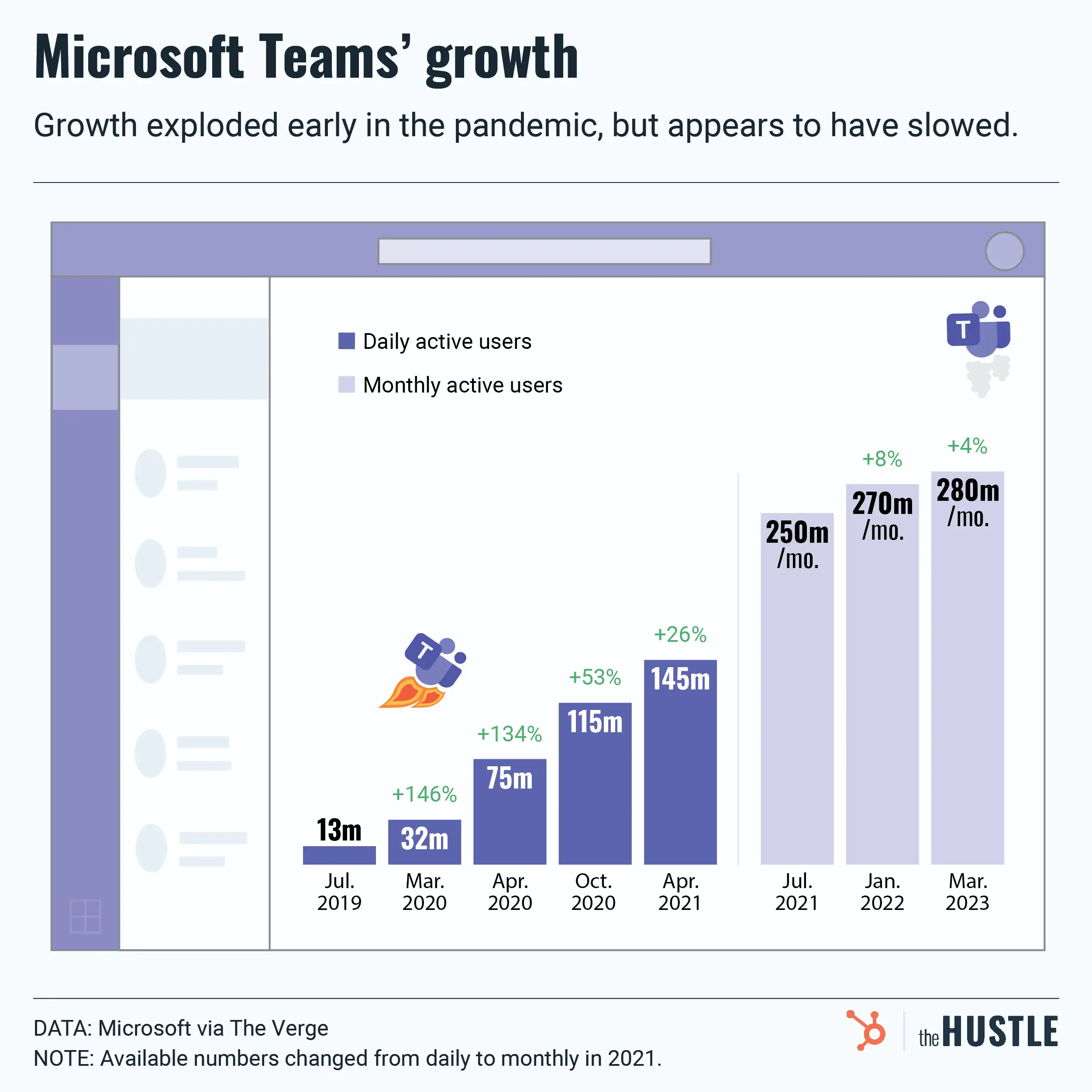Last Thursday, Microsoft hit a new milestone.
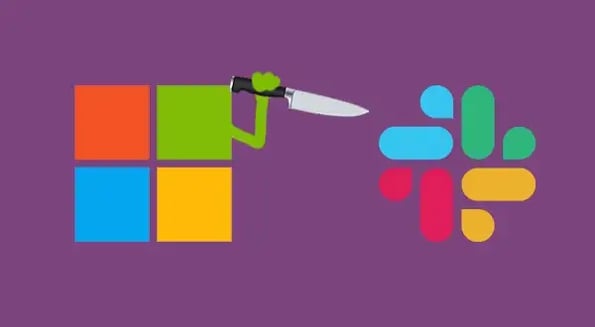
It became only the 2nd American company after Apple to reach a $2T market cap.
Despite its weighty valuation, the software giant is largely avoiding the antitrust scrutiny facing its Big Tech frenemies (i.e., Alphabet, Amazon, Apple, Facebook).
However, things could change…
… with the release of its new operating system
Also last week, Microsoft unveiled the latest iteration of its PC operating system: Windows 11.
In a move that raised eyebrows, Windows 11 bundles Microsoft’s messaging service (Teams) right into the taskbar, making access to the app easier than ever.
Teams’ most visible competitor is Salesforce-owned Slack. Even as a late entrant to the game, Teams already has 145m daily active users, according to The Verge. (Slack’s last quoted number is 12.5m users, pre-pandemic.)
Does the move sound familiar?
It should. Microsoft’s bundling of Internet Explorer into Windows was made to snuff out the Netscape browser.
And, ultimately, it led to Microsoft’s antitrust case in the late 1990s.
Teams is already bundled into Microsoft’s wildly popular Office suite. The new Windows integration clearly puts more pressure on Slack.
Microsoft is presenting a different image, though
Despite its Teams move, Microsoft made 2 competition-friendly announcements during its Windows update. Per The Verge:
- No app store fee: Non-gamemakers in the Windows 11 app store keep 100% of revenue (this is in contrast to Apple and Google, which have up to 30% take rates).
- Other app stores welcome: Other companies — like Amazon or Google — can build entire app stores within the Windows app store (again, in contrast, Apple doesn’t allow this).
While these moves clearly signal an openness to competition, Slack may have a quibble or 2.


